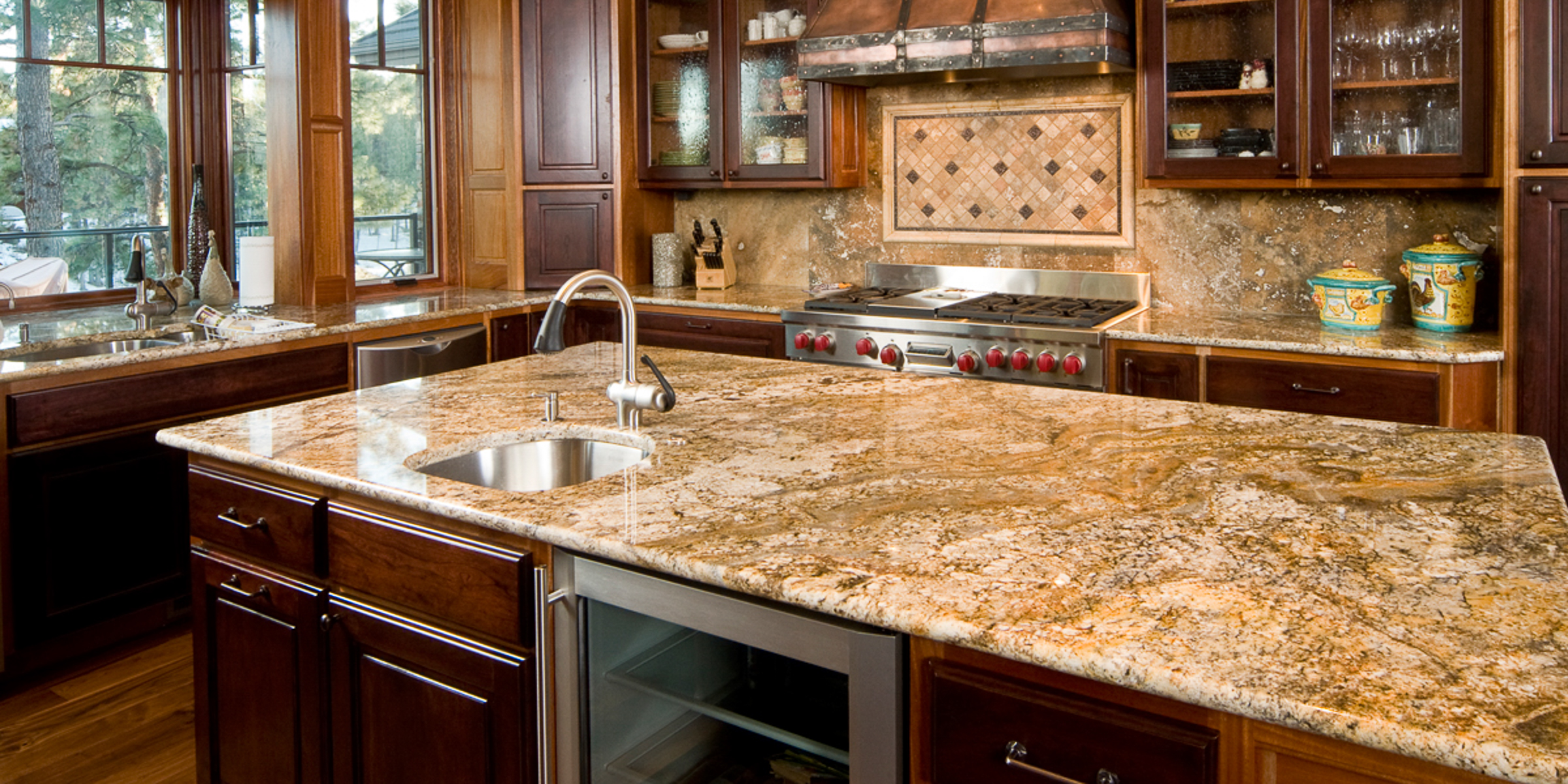When it comes to choosing the perfect material for your bathroom vanity, the decision often boils down to two popular options: granite and quartz. Both materials offer unique benefits and can enhance the aesthetic and functionality of your bathroom. However, understanding their differences, strengths, and weaknesses will help you make an informed choice. In this comprehensive guide, we will compare granite and quartz, helping you decide which is the better choice for your bathroom vanity.
Understanding Granite and Quartz
Granite is a natural stone formed from volcanic activity and composed of minerals like quartz, feldspar, and mica. Each slab of granite is unique, featuring distinctive patterns and colors, making it a sought-after material for those seeking a one-of-a-kind look. Granite Supplier in Rajasthan provides a wide variety of granite slabs that can cater to diverse tastes and preferences.
Quartz, on the other hand, is an engineered stone made from natural quartz crystals combined with resins and pigments. This process allows for a wide range of colors and patterns, offering consistency and uniformity that natural stones like granite cannot always guarantee. Quartz is known for its durability and low maintenance, making it a popular choice for modern bathrooms.
Aesthetics and Appearance
When it comes to aesthetics, both granite and quartz have their unique appeal. Granite’s natural beauty lies in its varied patterns and color variations, providing a luxurious and timeless look. Each slab of granite is different, ensuring that your bathroom vanity will have a unique appearance.
Quartz, being an engineered stone, offers a more consistent look. This uniformity can be advantageous if you prefer a clean, sleek, and modern aesthetic. Quartz can mimic the appearance of natural stone, including granite, but with more predictable patterns and colors.
Durability and Maintenance
Durability is a crucial factor when selecting a material for your bathroom vanity. Granite is incredibly durable and can withstand heat, scratches, and general wear and tear. However, it is a porous material, which means it can absorb liquids and stains if not properly sealed. Regular sealing is necessary to maintain its appearance and prevent damage.
Quartz is also highly durable and is non-porous, meaning it doesn’t require sealing. It is resistant to stains, scratches, and bacteria, making it a low-maintenance option for busy bathrooms. However, quartz can be more susceptible to heat damage compared to granite, so it’s important to avoid placing hot objects directly on the surface.
Cost Considerations
Cost is another significant factor in the decision-making process. The price of granite and quartz can vary widely based on the quality, color, and design. Generally, granite can be more expensive, especially for rare and exotic patterns. Installation costs for granite can also be higher due to its weight and the need for professional handling.
Quartz tends to be more affordable and offers more predictable pricing. The engineered nature of quartz means that it is readily available in various designs and colors, often at a lower cost than premium granite slabs. Additionally, the lower maintenance requirements of quartz can translate to cost savings over time.
Environmental Impact
For environmentally conscious homeowners, the environmental impact of the materials is a consideration. Granite is a natural stone that requires quarrying, which can have environmental consequences. However, many suppliers, like Granite Supplier in Rajasthan, are committed to sustainable practices and responsible sourcing.
Quartz, being an engineered stone, involves manufacturing processes that can also impact the environment. However, many quartz manufacturers are focusing on sustainable production methods, including the use of recycled materials and eco-friendly practices.
Installation and Flexibility
The installation process and flexibility of the material can influence your choice. Granite requires precise cutting and professional installation due to its weight and brittleness. Customizing granite can be more challenging and expensive.
Quartz, being engineered, offers greater flexibility in terms of design and installation. It can be easily customized to fit unique shapes and sizes, and its uniformity simplifies the installation process. Quartz is also lighter than granite, which can reduce installation costs and complexity.
Hygiene and Cleanliness
In a bathroom setting, hygiene is paramount. Granite’s porosity means it can harbor bacteria and stains if not sealed properly. Regular cleaning and maintenance are essential to ensure a hygienic surface.
Quartz, with its non-porous nature, offers superior hygiene. It is resistant to bacteria and easy to clean, making it an ideal choice for bathroom vanities. Its low-maintenance surface requires only simple cleaning with mild soap and water.
Final Verdict
Choosing between granite and quartz for your bathroom vanity ultimately depends on your preferences and priorities. If you value the unique, natural beauty and don’t mind the maintenance, granite could be the ideal choice. However, if you prefer a consistent look, low maintenance, and durability, quartz may be the better option.
For those seeking a reputable supplier, Ganga Dhara Exports offers a wide range of high-quality materials. As a leading Marble Supplier in India, they provide both granite and quartz options, ensuring you find the perfect material for your bathroom vanity.
By considering factors like aesthetics, durability, cost, environmental impact, installation, and hygiene, you can make an informed decision that enhances the beauty and functionality of your bathroom. Both granite and quartz offer unique advantages, and with the right choice, your bathroom vanity will become a stunning centerpiece that stands the test of time.

